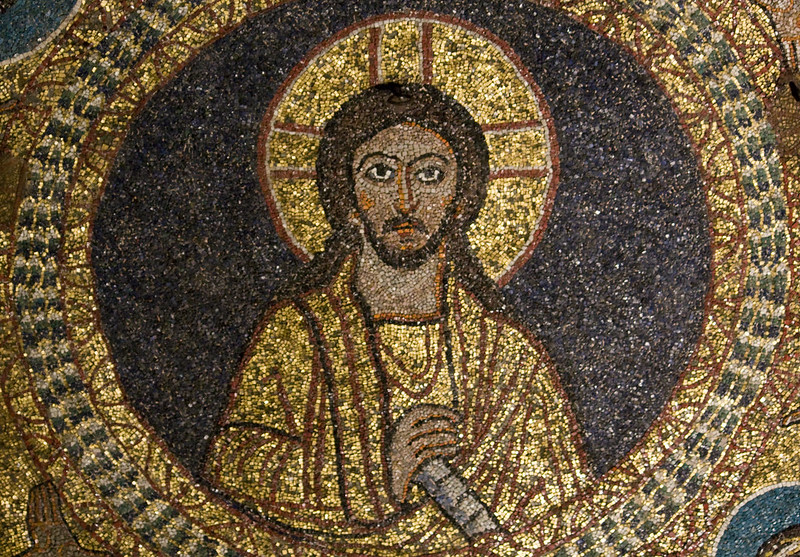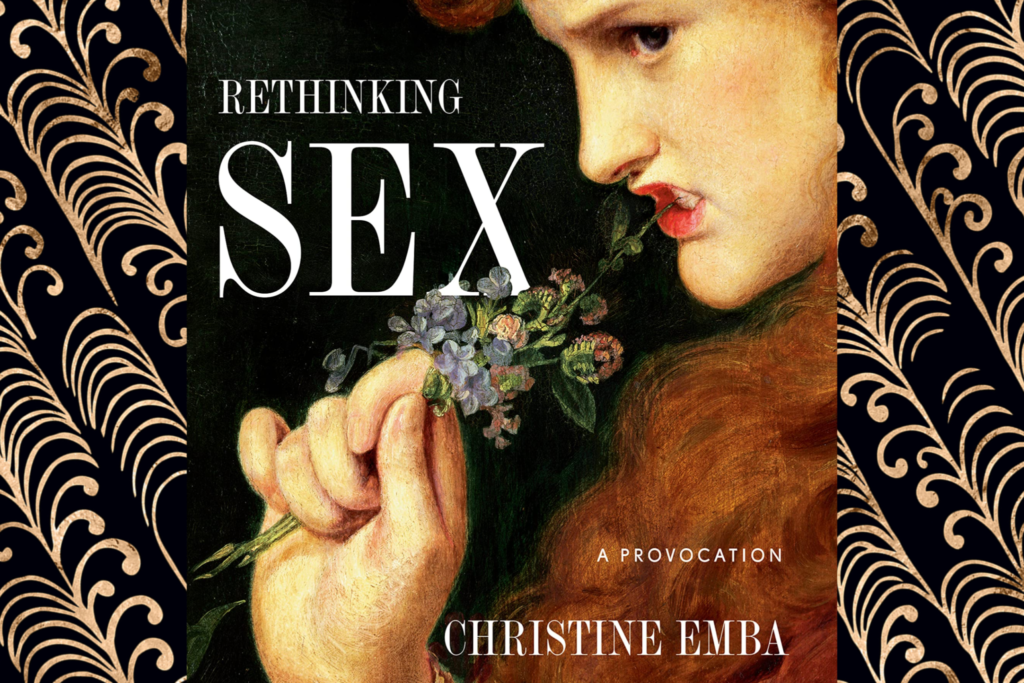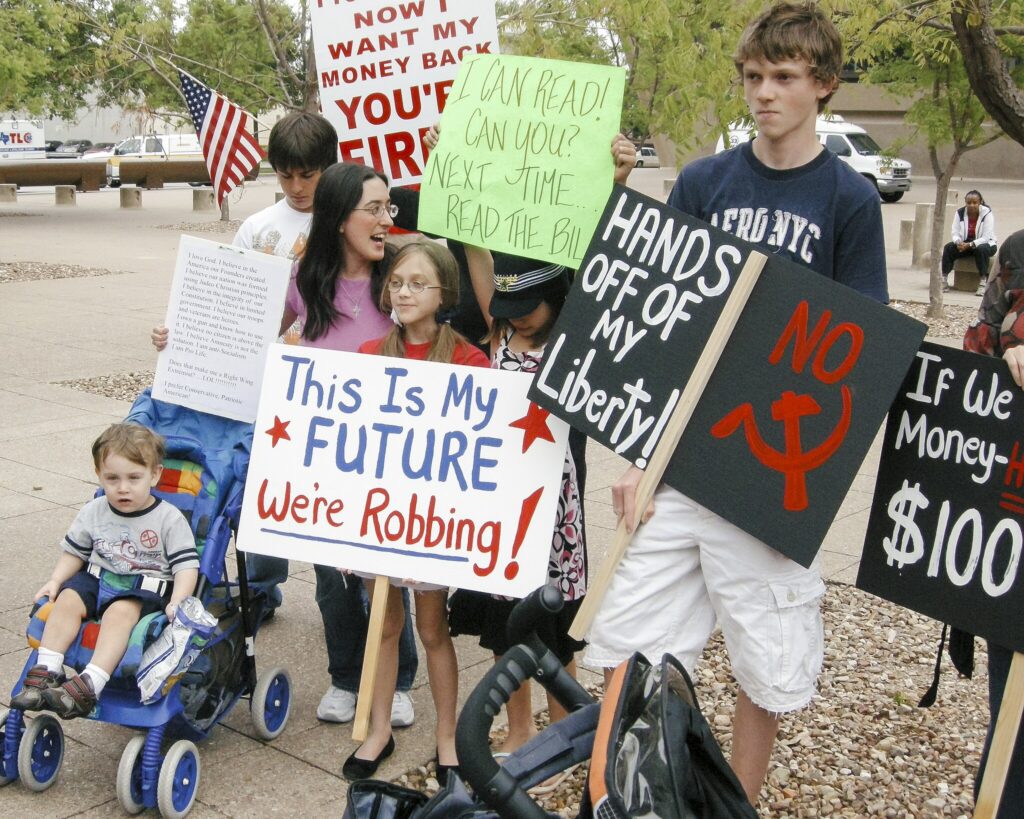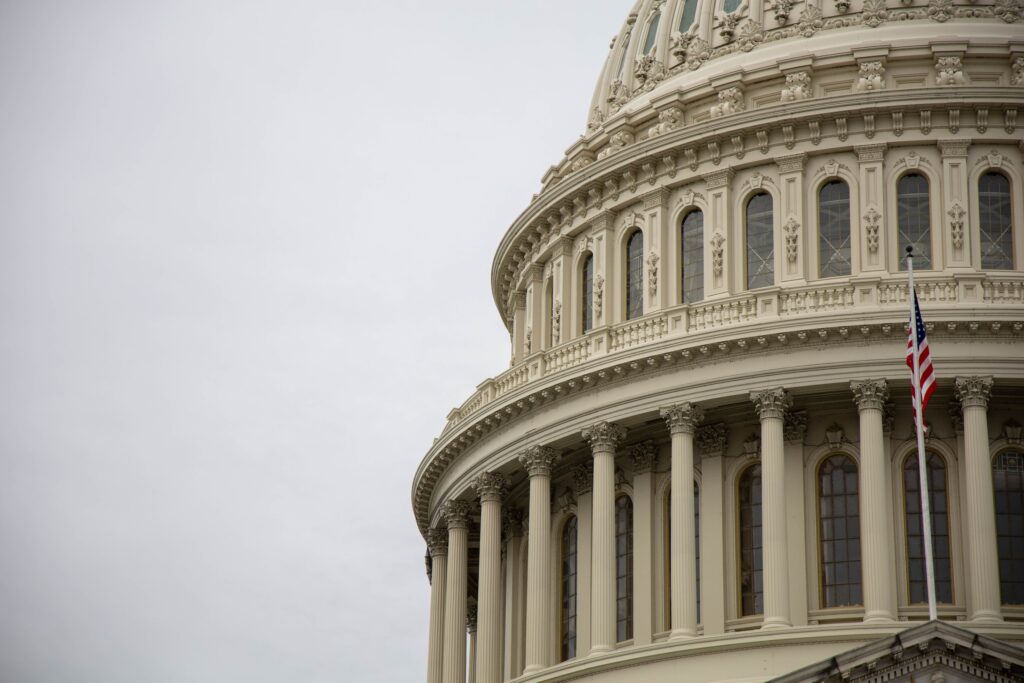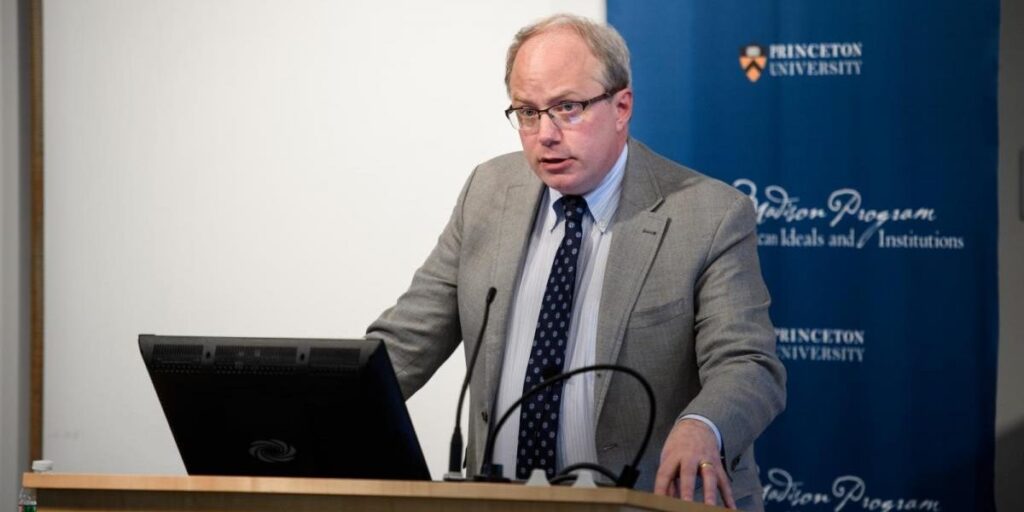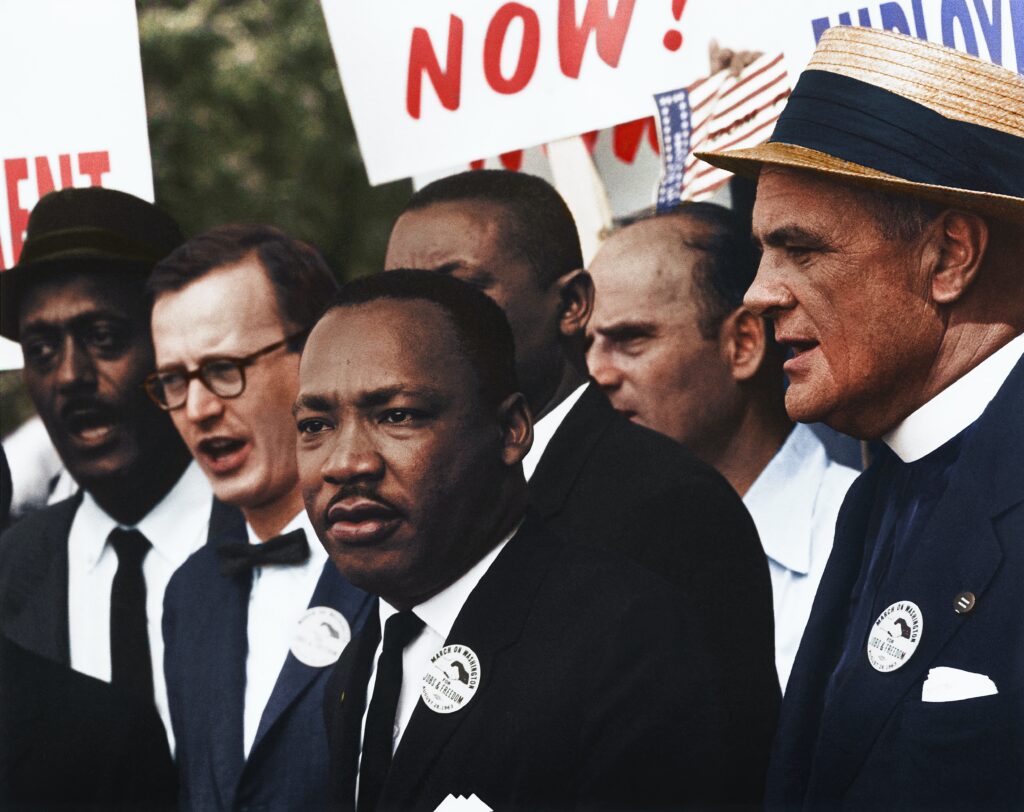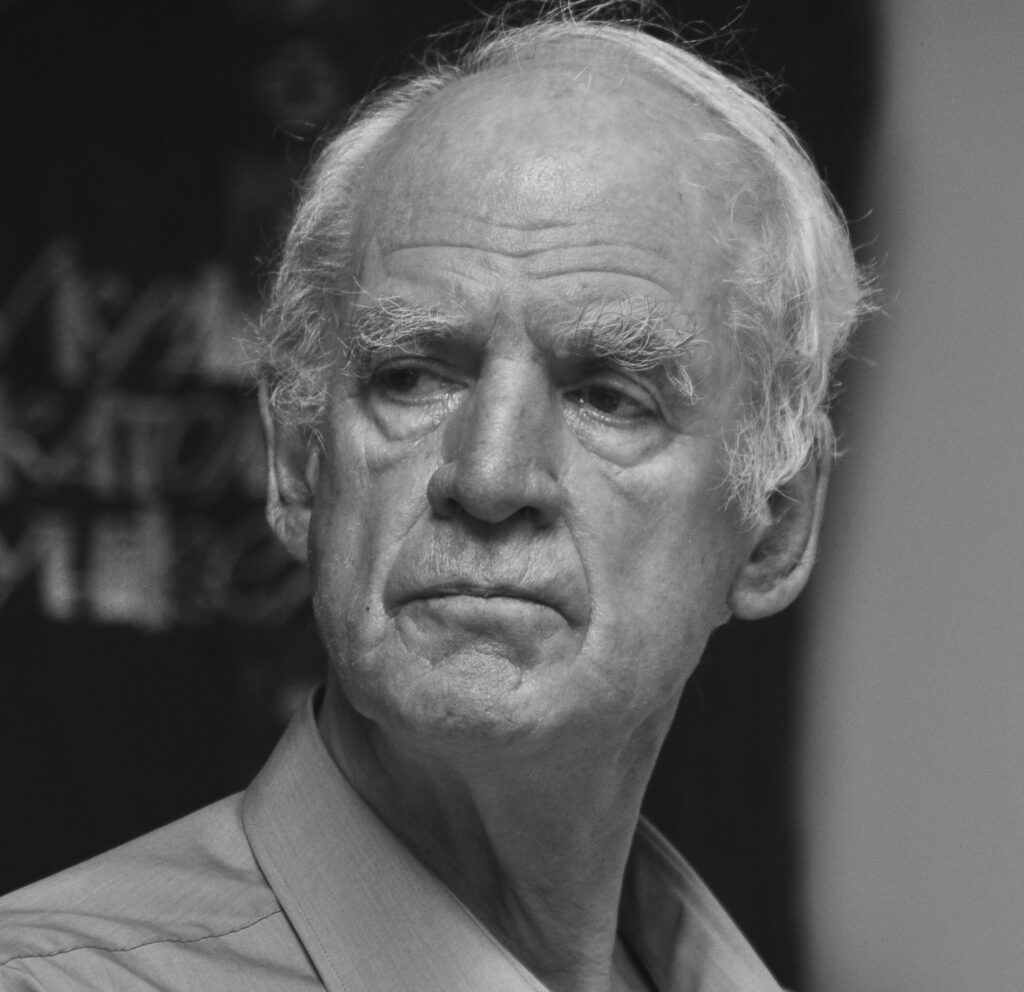For more than two thousand years, the idea of “selling your soul” has generated a moral shock in the Western world. Only by recognizing the long history of “selling your soul” can we understand why a famously anti-religious thinker like Marx would end up quoting from Genesis in this manner.





